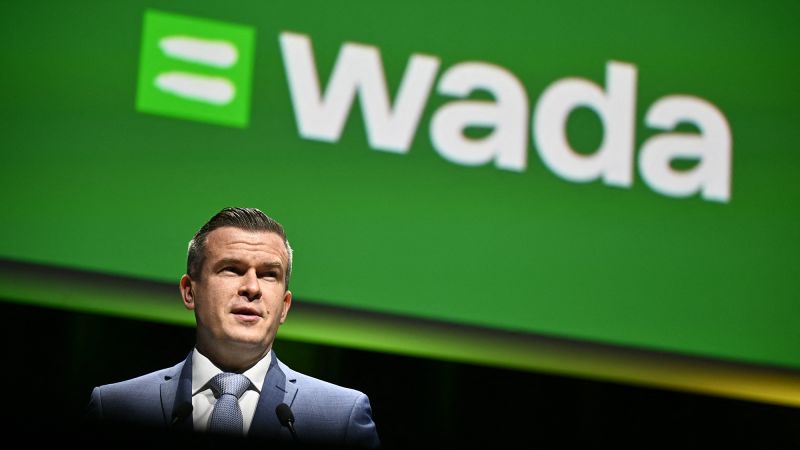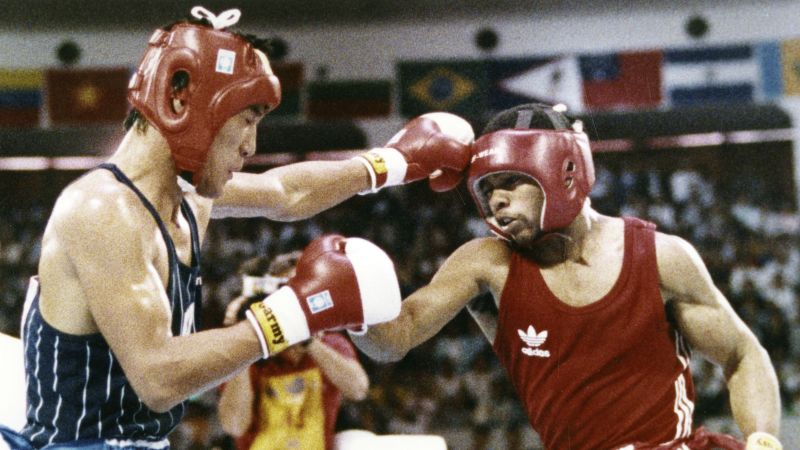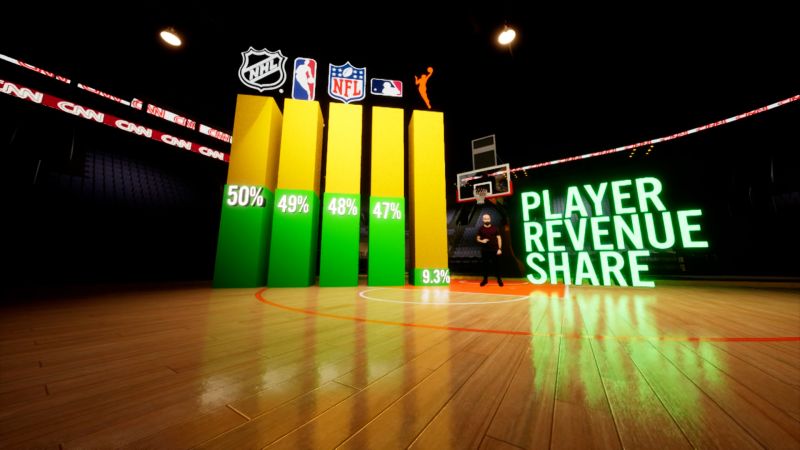
WADA Criticizes Enhanced Games for Allowing Banned Substances
World | 8/29/2025
The World Anti-Doping Agency (WADA) has strongly criticized the Enhanced Games, denouncing the event as “ill-conceived” in response to an anti-trust lawsuit recently filed by the event’s organizers. The Enhanced Games permit athletes to utilize banned substances, directly conflicting with WADA’s core mission of promoting fair and drug-free competition in sports. This sharp rebuke underscores the fundamental clash between the principles of clean sport and the practices endorsed by the event.
In a statement following the lawsuit, a WADA spokesperson emphasized the organization’s unwavering commitment to upholding the integrity of sports through stringent anti-doping measures. The inclusion of banned drugs in the Enhanced Games not only undermines the credibility of athletic competitions but also poses a significant threat to the health and well-being of participating athletes. WADA’s stance underscores the critical importance of maintaining strict anti-doping regulations to safeguard the principles of fair play and sportsmanship.
The legal battle unfolding between WADA and the organizers of the Enhanced Games highlights a broader challenge within the realm of competitive sports, where the push for enhanced performance and innovative approaches sometimes clashes with established anti-doping protocols. As the lawsuit progresses, the outcome may have far-reaching implications for the future of anti-doping efforts and the integrity of athletic competitions on a global scale.
While the organizers of the Enhanced Games have not issued a formal response to WADA’s criticism, the legal dispute underscores the complex landscape surrounding anti-doping regulations and the enforcement of fair play in sports. As the case continues to unfold, the balance between innovation in athletic performance and the preservation of clean competition remains a pivotal issue for stakeholders across the sports industry.
As WADA remains steadfast in its condemnation of the Enhanced Games and its allowance of banned substances, the legal proceedings stemming from the anti-trust lawsuit are poised to shed further light on the ongoing tensions between anti-doping authorities and proponents of alternative approaches to athletic performance. The outcome of this legal challenge may have lasting implications for the enforcement of anti-doping rules and the future integrity of competitive sports worldwide.


